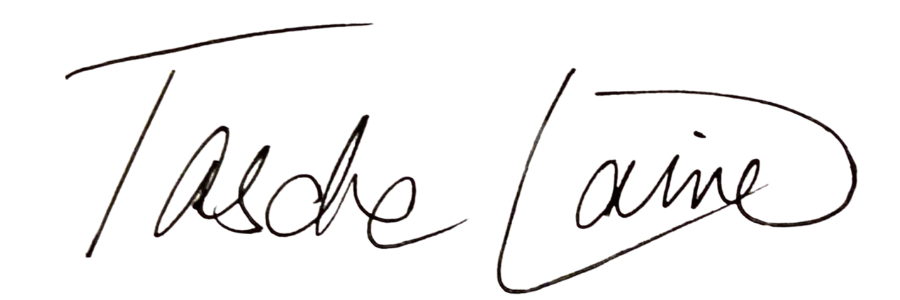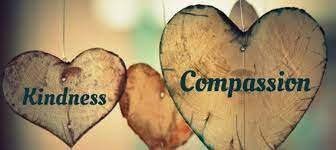In A World Filled With Hate We Need More Compassion
HATE.
What does this word mean to you? What connotations do you associate with it?
I asked my students these same questions as I wrote the word “HATE” in big block letters on the white board, after teaching them the difference between denotation and connotation.
It was the morning after the mass shooting in Orlando, Florida, that killed 49 people and injured 58 others. I needed to address the shooting with my students, as they were all talking about it and I knew we wouldn’t get any work done if I stifled their discussions. I decided to make it the morning lesson—an English lesson.
June 13, 2016, I was teaching at Troy High School, in Fullerton, California—2,514 miles away. It was summer school and the students before me had failed Freshman English for one reason or another and knew they had to pass my class or they wouldn’t graduate.
Given my audience, made up of teenagers who would rather be at the beach (or anywhere else) than my classroom, forced to take summer school, their answers were predictable. After I wrote the word, I asked for examples of words they associated with hate.
One student said, “Homework!” Everyone laughed.
Another said, “School.”
“Okay, good. Those are examples of things you hate. But what do you feel when you hear the word hate? Remember, a connotative word is the feeling invoked or the meaning implied by the word.
And then they got it. Soon the room was bustling with energy as they shouted the words faster than I could write them. Words like: rage, anger, bully, fight, bad, mad, ugly, violent, hurt, pain, kill, war, fear . . . I wrote their examples until there was no room left to write; the white board was full.
The room fell silent as they realized how powerful the word hate is; how it holds so many negative, destructive connotations. Then I challenged them to eliminate the word hate from their vocabularies, for at least the remainder of summer school. I encouraged them instead to use synonyms, such as dislike, loathe, etc. And I asked them to keep a journal, noting all the times they would usually say hate, and writing the word they chose to say instead.
We talked about hate crimes and what causes people to have so much hate in their hearts for other people. According to Silvia Dutchevici, LCSW, president and founder of the Critical Therapy Center, we hate because it is in our psychological makeup and family history. She adds that it is also in our cultural and political history. “We live in a war culture that promotes violence, in which competition is a way of life,” she says. “We fear connecting because it requires us to reveal something about ourselves. We are taught to hate the enemy — meaning anyone different than us — which leaves little room for vulnerability and an exploration of hate through empathic discourse and understanding. In our current society, one is more ready to fight than to resolve conflict. Peace is seldom the option,” from “The Psychology of Hate” by Allison Abrams, LCSW-R. https://www.psychologytoday.com/blog/nurturing-self-compassion/201703/the-psychology-hate
What Can We Do About It?
According to the article, Psychologist Bernard Golden says that hatred has to be learned, “We are all born with the capacity for aggression as well as compassion. Which tendencies we embrace requires mindful choice by individuals, families, communities and our culture in general. The key to overcoming hate is education: at home, in schools, and in the community.”
To wrap up my lesson that day, I encouraged my students to spread kindness, compassion, and love. I encouraged them to smile at each other and pay it forward.
In light of the most recent school shooting, in Parkland, Florida, I think that is sound advice for our whole country. Please. Be kind to each other. Have compassion. Spread love.

